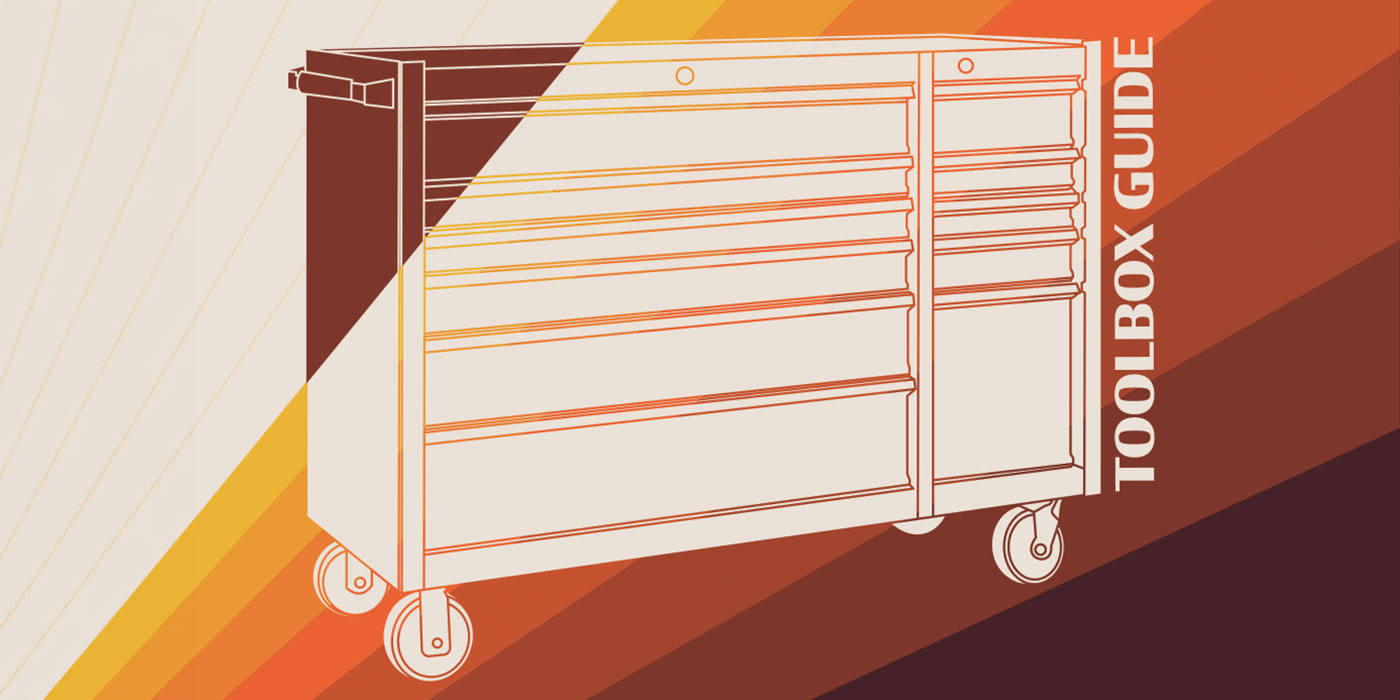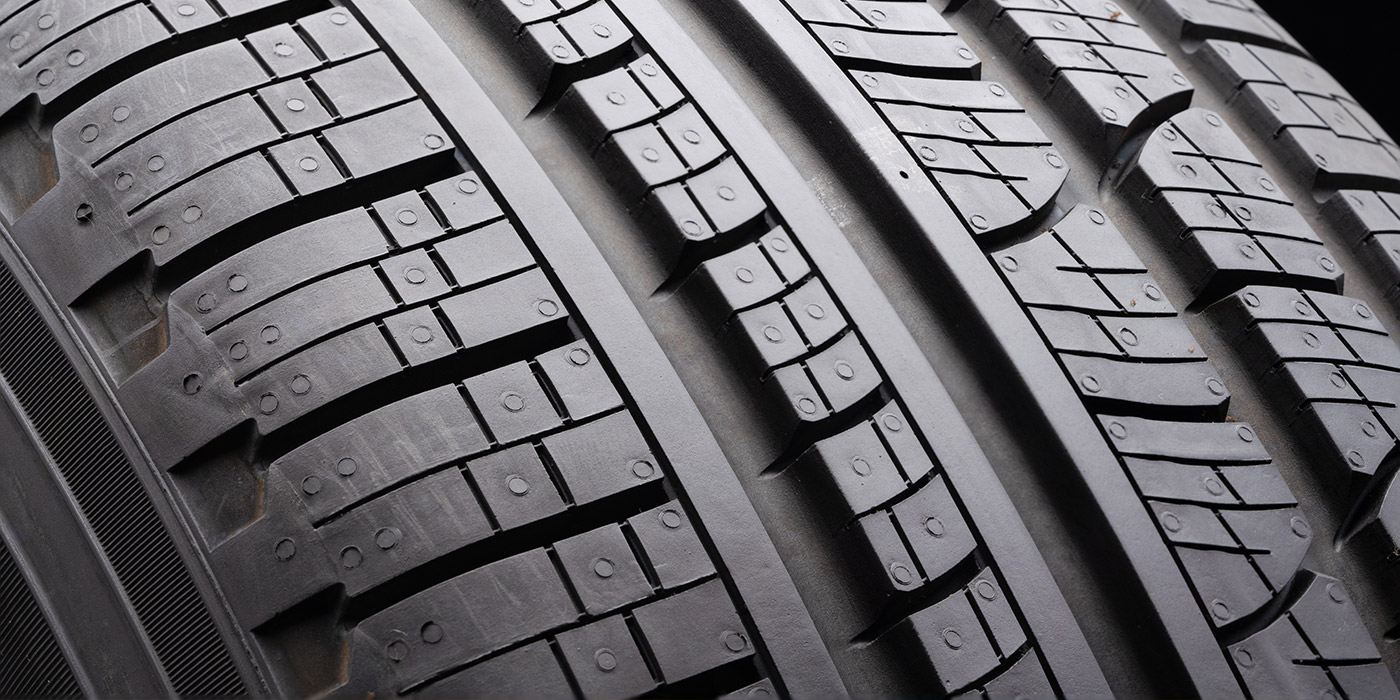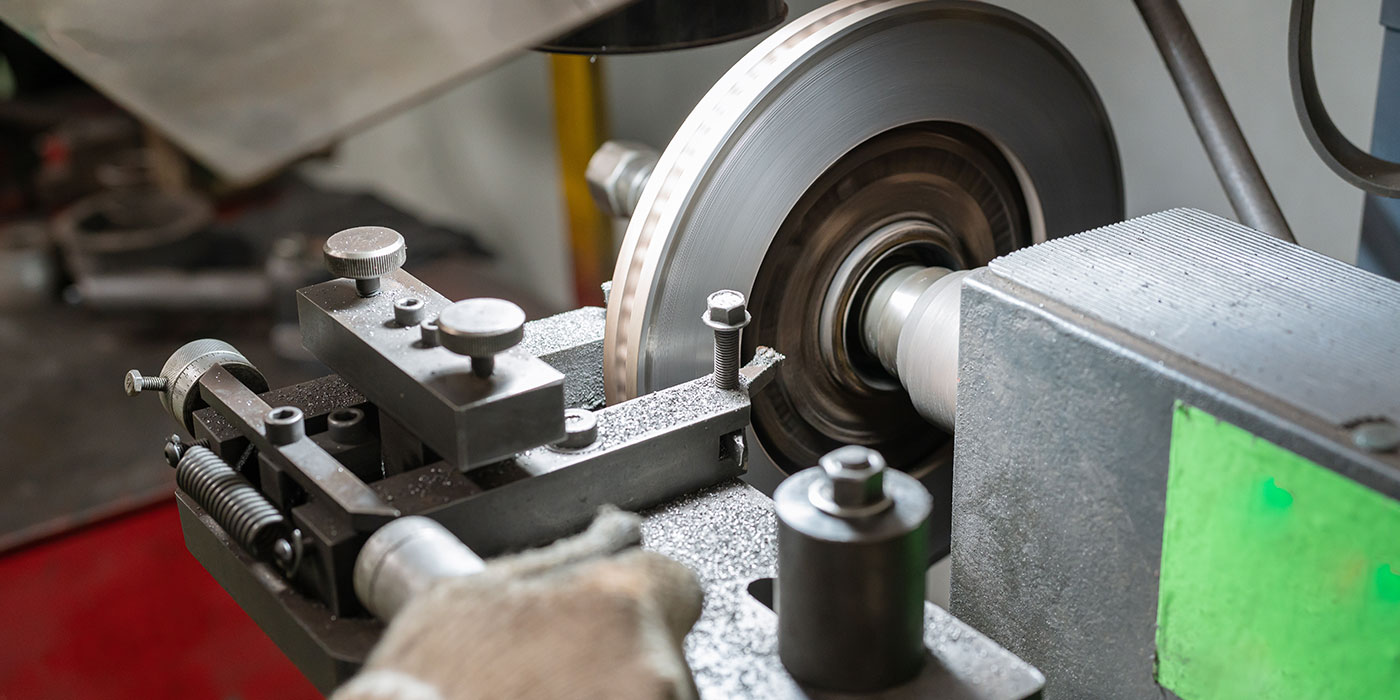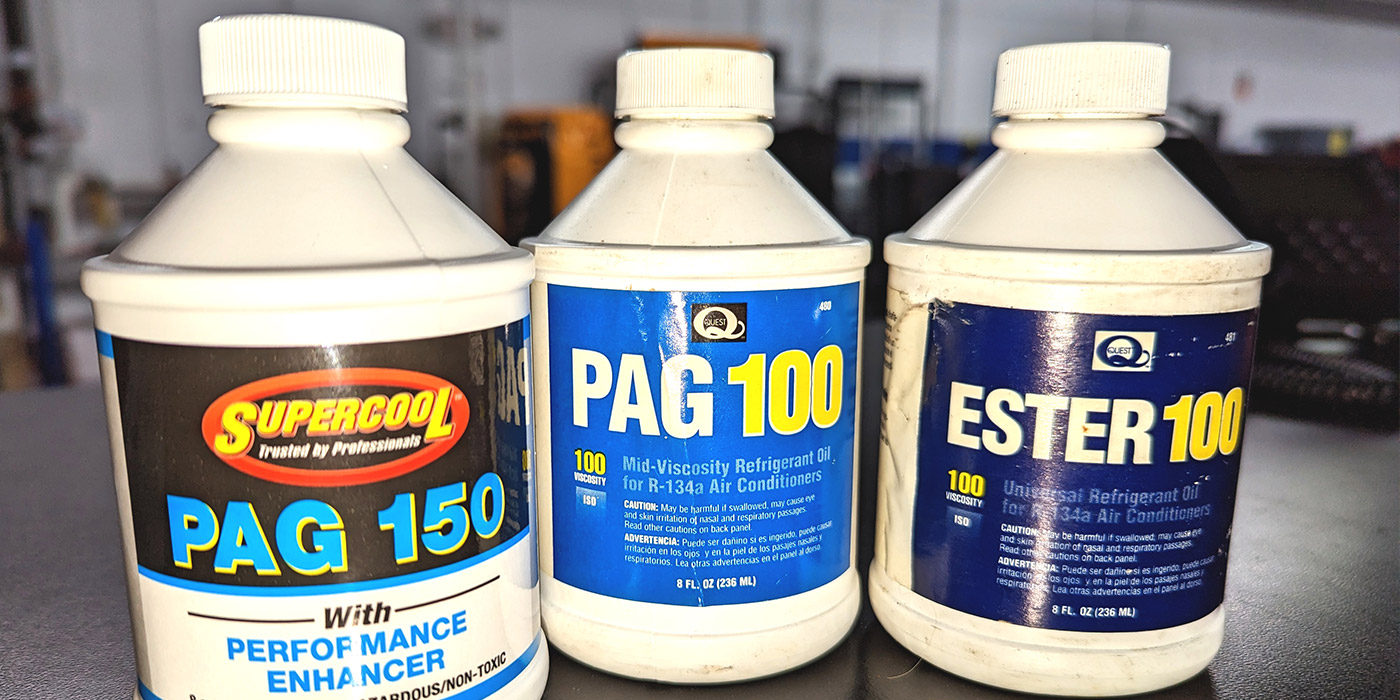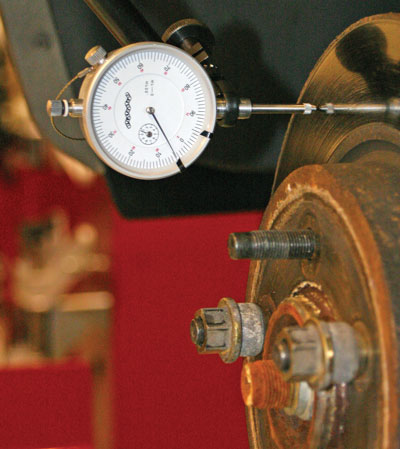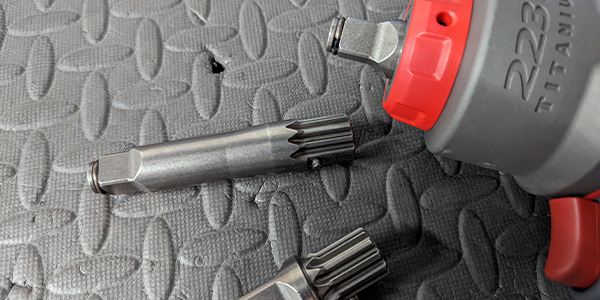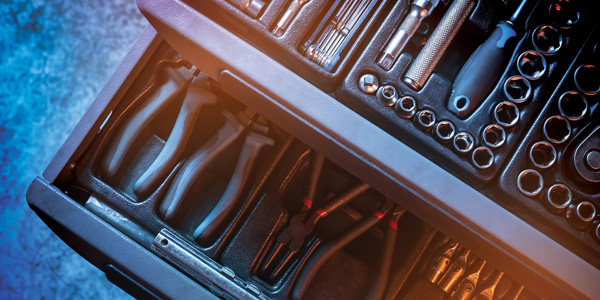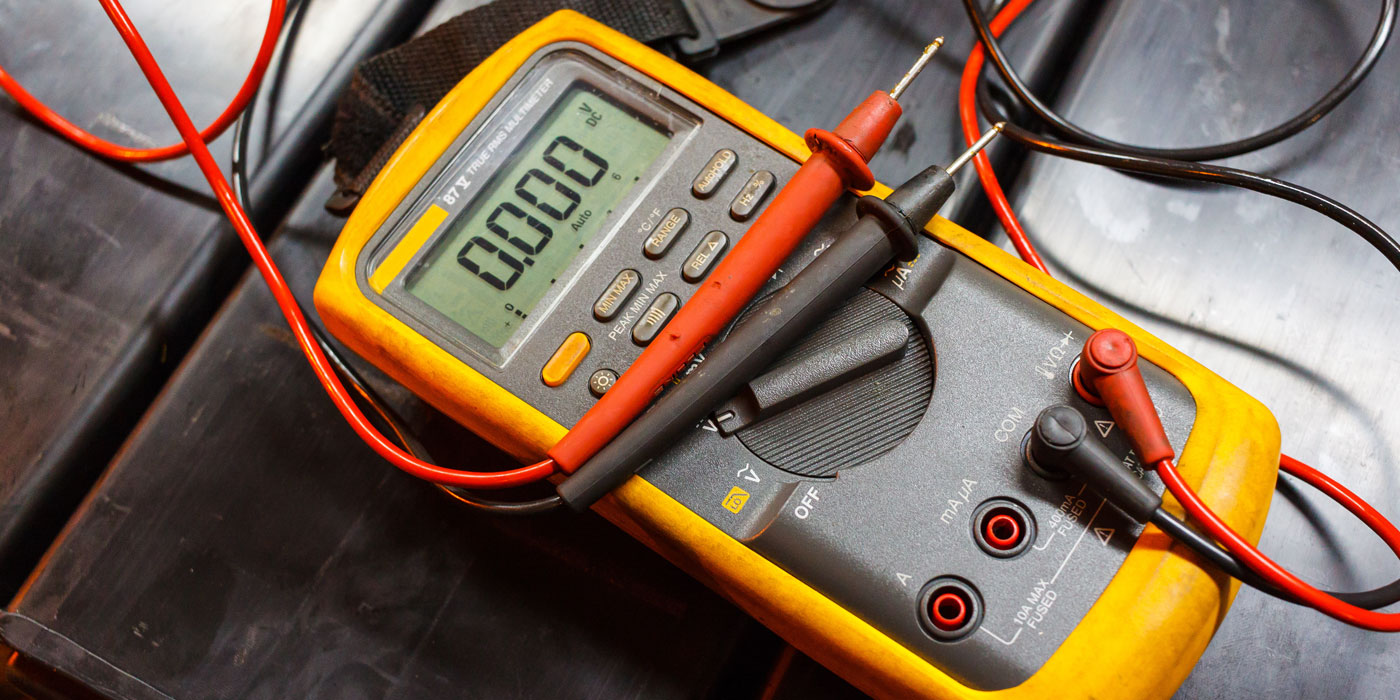Automobiles move. The environment in which they move contains objects moving in different directions at different rates of speed, and other objects that aren’t moving at all. Even with rules governing what can move when, where and how fast, the predictable outcome of all this movement is occasional collisions.
Fortunately, most of the vehicle damage resulting from everyday vehicle collisions can be repaired, and vehicles can be refinished to look and drive like new. Auto body repair businesses apply skilled work forces and specialized equipment to straighten bent bodies, remove dents, replace parts that cannot be fixed and repaint surfaces.
One basic resource found in practically every auto body facility is compressed air. It’s used to operate pneumatic tools (such as air flanges, air nibblers and air sanders), to blow dust off surfaces, and to apply primer, pigmented paint and clear-coat finish.
The quality of compressed air used in the painting process has a direct influence on the outcome of a paint job. If impurities such as fine particulate, moisture or lubricating oil carry over into the compressed air, the quality of the finish can suffer from bubbles, spots or other faults. The increasing use by auto body shops of waterborne paints — whether by choice or to comply with environmental regulations — raises the issue of compressed air quality to an even higher level.
Considering their scale, auto body shops are large users of compressed air. Even so, auto body shops and other light industries have traditionally settled for inefficient and noisy piston compressors, typically because they are often the low-cost option at the time of purchase. Trouble is, they cost much more to operate than more sophisticated compressors that use rotary screw technology. Since energy is the most expensive component in the production of compressed air, any savings realized when purchasing a piston compressor is quickly eaten away by higher operating costs.
Piston-type compressors have other shortcomings for auto body applications. The basic design of the compression element means that lubricating oil carries through to the process air more than is the case with a rotary screw compressor. Oil carry over is something to avoid in general, but for a painting operation it’s crucial. Simply put, getting oil downstream into the paint lines can ruin a paint job.
As energy costs account for a growing share of the cost of doing business and as customers demand higher standards of quality in auto body services, the owners of auto body businesses are paying closer attention to their compressed air systems. Sandra Chaney, owner of Pat’s Body Shop in Winston-Salem, NC, is an auto body shop owner whose success in business brought the issue of efficient, high-quality compressed air to the fore.
“When I recently expanded into our newest building, I started researching upgrading our three existing air compressors,” Chaney said. “They were all older piston machines and the maintenance was getting expensive. I asked my paint distributor for advice and he told me about screw compressors. I had never heard of this type. He said they were more energy efficient than piston compressors and quieter, too.”
A chance encounter at a neighboring business led to a solution for Chaney’s compressed air needs. “It’s interesting how some sales opportunities come about,” Mike Brown, sales representative with Edmac Compressor Center in Winston-Salem, explained. “My boss Robert Eshelman was picking up swimming pool chemicals one Saturday and learned that Pat’s Body Shop, a business located behind his pool supplier, was expanding. He left me a message that Saturday and I dropped by the following Monday. This turned out to be great timing as they were indeed expanding and were interested in replacing their old piston compressors.”
“When Mike Brown called me I was already talking to some other manufacturers,” Chaney said. “But he came over right away and was extremely helpful. I ended up getting prices from four suppliers. Atlas Copco was the second highest price, but Mike spent a lot of time with me discussing the advantages of rotary screw technology. He convinced me that his product was the highest quality and most energy efficient of all four units I was looking at. I was especially pleased that it was the most energy efficient since we are working to make our operation more ‘green.’”
Chaney bought a 15 hp Atlas Copco GX-11-FF compressed air system. GX series systems include an energy-efficient rotary screw compressor, refrigerated dryer and coalescing filter in a compact, quiet, all-in-one package. It has a minimum footprint, which frees up valuable floor area for other equipment or workspace. The pre-piped tank-mounted design provides for simple and economical installation — often as simple as connecting to electrical power and to the facility’s air piping system. Chaney had her plumber install an airloop system with galvanized piping to deliver air to points of use.
“Even with a filtration system, the old piston compressors at Pat’s Body Shop couldn’t get all the oil out of the system and there was no refrigerant dryer to remove moisture,” Brown said. “Atlas Copco offers superior filtration and an onboard refrigerant dryer to provide the high quality air needed to spray a high quality paint job. The old compressors were noisy, too, which was a big deal since they had to run continuously to provide enough air for the shop. The Atlas Copco compressors are much quieter, plus they can go into energy-saving sleep mode when demand drops and then restart automatically when demand rises.”
Smart business investments like these are driving quality improvements and energy savings, helping Chaney to continue expanding her business. She has 31 employees, and according to statistics compiled by PPG Industries Automotive Paint Division, her business is one of just three 100-percent female-owned body shops in the U.S. with more than $2 million in sales.
Pat’s Body Shop is a family business that’s been in operation since 1954, and Chaney became the sole owner in 2001. The business currently has four buildings and Chaney plans to take over two more in the near future. “I want to offer my customers the option to have minor repair work done while their cars are here for body work,” she said. “Customers like this because of the convenience of not having to drop the car off at another repair shop.”
Her satisfaction with her Atlas Copco compressor led her to purchase another GX-11-FF and a 10 hp GX-7-FF for her body shop operations. She plans to buy a 7.5 hp GX-5-FF for the clean-up and detailing operation.
“The quietness of (these) compressors is superb. I was so glad to get rid of that noise from the piston compressors. You just don’t realize what a difference it makes for the work environment. I am also very pleased with the power savings. We moved part of my operation into a larger building with two additional air conditioning units, but because of the energy efficiency of the new air compressor, my power bill for that building has gone down by about $600 each month. That’s over $7,000 of savings per year, and that will pay for the compressor with power savings in less than one year!”
In a sense, the benefits of lower noise and lower operating cost are a bonus, since the primary concern for an auto body business is a reliable source of high quality compressed air. “No matter how well you apply paint, impurities in your compressed air supply can turn a great deal of labor and materials into expensive waste and unhappy customers,” Brown said.
Clean, dry air plays even more important role in the application of waterborne paints. As environmental laws governing release of VOCs (Volatile Organic Compounds) get more and more strict, working with waterborne paints is something every auto body business will have to contend with in the future. Those with an eye toward the future can make a difference today by investing in compressed air systems that use energy-efficient rotary screw technology.
Article provided courtesy of Atlas Copco.


